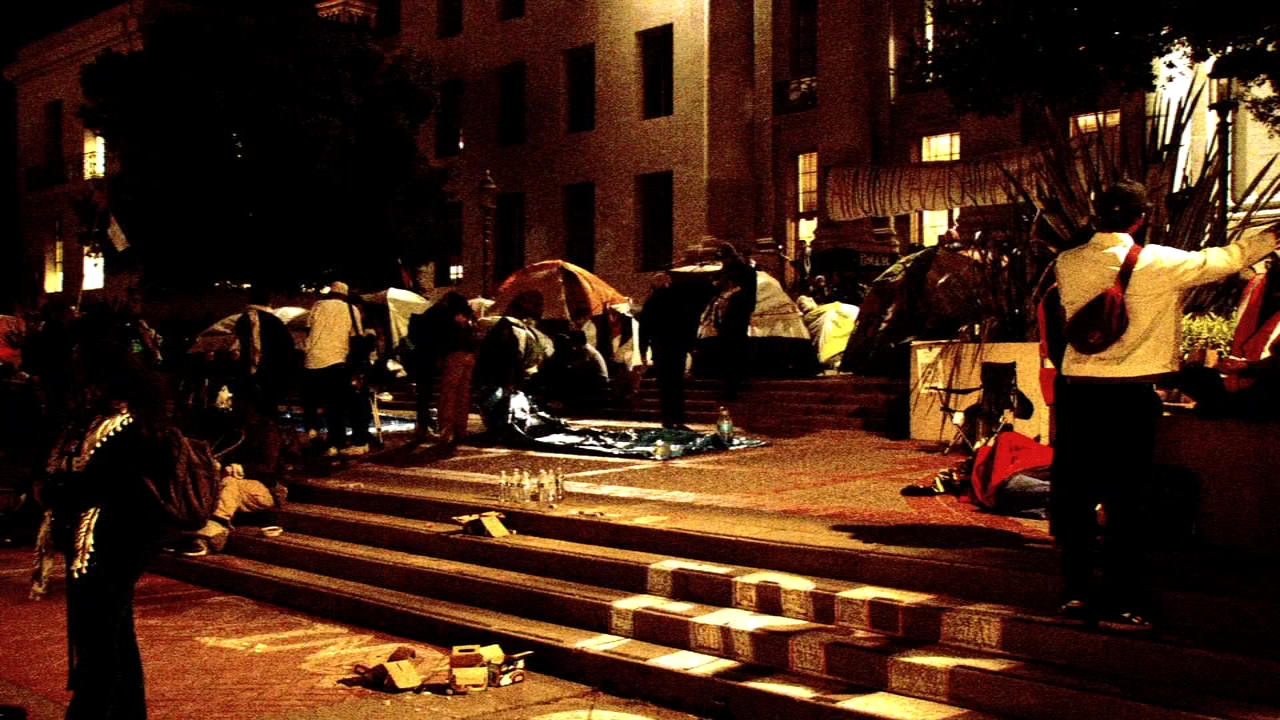Lawyer, ACLU concerned California's new COVID-19 curfew could be discriminatory

SAN FRANCISCO (KGO) -- Starting Saturday, all California counties in the purple tier will be under a "limited stay at home order" from 10 p.m. to 5 a.m. and some activists are questioning whether the COVID-19 curfew is discriminatory.
Governor Gavin Newsom tweeted, "Together -- we can flatten the curve again."
But not everyone agrees a curfew is the way to go.
Civil Rights Attorney Melissa Nold tells ABC7 News, "This is going to allow police to indiscriminately pull over Black and brown people where we saw in the last set of curfews out here where Black men were being targeted as soon as the curfew was enacted and most of those folks were not even aware that a curfew existed."
RELATED: Gov. Newsom orders curfew for most California counties
In June, the ABC7 News I-TEAM analyzed 2018 arrest data voluntarily reported to the FBI by city and county police departments.
The data showed discrepancies in arrest rates for Black people in the Bay Area.
Black people were 4.2 times more likely on average across the entire Bay Area to be arrested than white people.
App users: For a better experience, click here to view the full graph in a new window
The disparity was higher in some Bay Area cities.
In Albany, Black people were 16 times more likely to be arrested than white people. In San Bruno, 15 times more likely and Palo Alto and El Cerrito 13x more likely.
Nold says she'd prefer to see the curfew directed to specific establishments.
RELATED: Black people 4x more likely to be arrested than white people in Bay Area
"As opposed to having this blanket reasonable suspicion that you've now created in every single person that is driving through town," said Nold.
In a statement, the California Highway Patrol said its mission is unchanged.
"The CHP does not make arrests based on race, ethnicity, gender, political affiliation, sexual orientation, religious beliefs, or for any reason other than violations of the law based on probable cause."
The ACLU of Northern California directed the I-TEAM to its website where it says it is monitoring the situation and working to ensure that government response, "does not create disproportionate harm to vulnerable populations, particularly communities of color, which have been hit hardest by the contagion."
Take a look at for a look at more stories by Dan Noyes and the ABC7 News I-Team.




